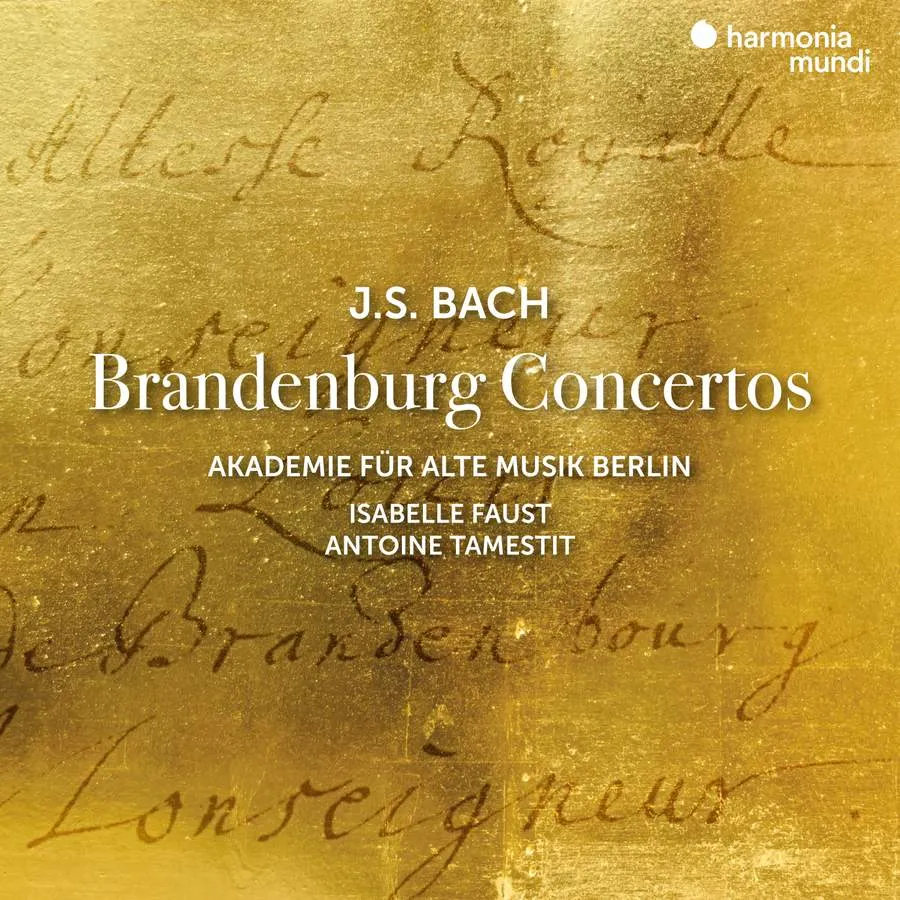
JS Bach Brandenburg Concertos Rupprecht Drees (trumpet), Isabelle Faust (violin), Antoine Tamestit (viola), Raphael Alpermann (harpsichord); Akademie für Alte Musik Berlin Harmonia Mundi HMM902686.87 84:06 mins (2 discs)
Light and lithe, the opening movement of the First Concerto sets the style for these accomplished and enjoyable performances. I particularly liked the assertive horn calls, the distinctive sound of the oboes and bassoon and the brisk tempos, with the minuet and polonaise in the fourth movement dancing one-in-a-bar.
There’s a similar spring in the step in the Second Concerto, and trumpeter Rupprecht Drees’s silvery, effortless tone makes his high solo part sound easy. In fact, the quartet of soloists all blend beautifully, and there’s elegance and purpose in the melodic ornamentation.
Isabelle Faust and Antoine Tamestit make their first appearance in the Third Concerto, and the very rapid speeds in the outer movements sometimes leads to loss of detail, despite the virtuosity of the playing. No such problem in the Fourth Concerto, with Faust bouncing off the pair of recorders, and shaping her line with some delicious agogic accents, both in the faster music and the central Andante, which has a lovely transparency and legato flow.
The harpsichord could have been given more prominence in the Fifth Concerto, or maybe it was felt that it should emerge in the cadenza, dramatically delivered by Raphael Alpermann. But the balance in the trio sonata second movement is exemplary, before the nimble dance of the final Allegro.
Balance is a little more problematic in the Sixth Concerto, where Tamestit tends to dominate the canonic writing with the other solo viola. Still, the optimistic mood comes across, especially in the finale, one of the most joyous things Bach ever composed.
Martin Cotton